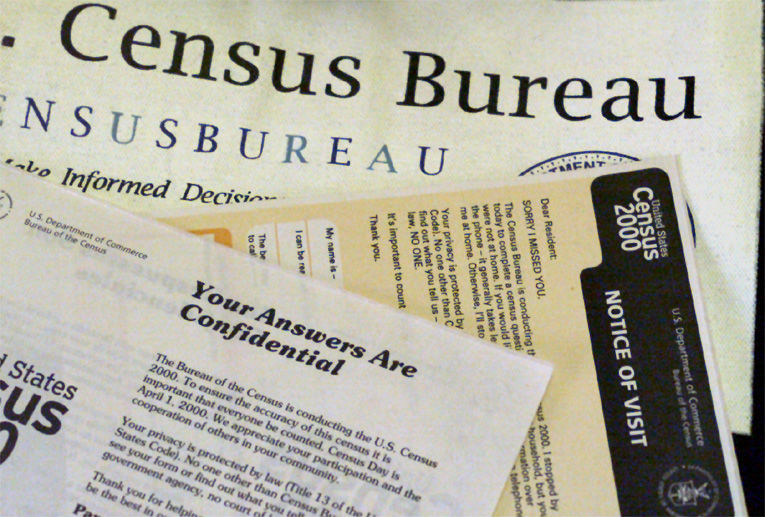The Trump administration’s decision to ask about citizenship in the 2020 Census has far-reaching implications for everyone living in the United States, particularly in states with large numbers of immigrants, like Arizona.
The census, mandated by the Constitution, must be independent and as free from political or law enforcement interference as possible. The intent, after all, is to count people living in the United States, not specifically citizens .
The decennial census is used to determine how many representatives a state has in the U.S. House. The population data gathered is also used in determining school boundaries, state legislative districts and more.
More directly, census data is used to allocate billions in federal dollars for everything from Medicaid to transportation to the free and reduced-price school lunch program. Such federal expenditures have a significant impact on all residents of a state, never mind that undocumented immigrants can’t receive government assistance, like Medicaid or Section 8 housing, in the first place.
The Department of Justice asked the Commerce Department, which administers the census every 10 years, to include a citizenship question. Commerce Secretary Wilbur Ross issued a memo explaining his reason for including it, contending that “having citizenship data at the census block level will permit more effective enforcement of the VRA (Voting Rights Act).”
The issue is more complicated than quarreling over a question. In and of itself, and absent any context, the query sounds innocuous enough. But when it’s the Department of Justice requesting that the question be asked, as it is here, the tenor changes. Connecting federal law enforcement with what should be an independent undertaking adds a layer of fear and intimidation .
Consider the situation in context. It makes sense that people, whether they are citizens, legal residents or undocumented, would be hesitant to trust any data collection by the federal government.
President Trump, in his speeches, tweets and policies, has explicitly targeted Muslims, tried to ban travelers from Muslim-majority countries, disparaged immigrants from Mexico, Haiti, El Salvador and African countries. His presidential campaign was built on anti-immigrant statements and promises. Immigration raids and deportations of people who have lived in the U.S. for many years, and even have American children, have increased.
Trump has repeated his lie that undocumented immigrants voted in the 2016 presidential election, saying that’s why he lost the popular vote.
The most obvious target of the citizenship question are Democratic-leaning urban areas and states, where many immigrants and Latinos live. Undercutting population counts would have a direct effect on conservative states, too, according to an analysis from Robert Shapiro, chairman of the economic and security advisory firm Sonecon and a Senior Policy Fellow at the Georgetown University McDonough School of Business, published by the Brookings Institution think tank.
He predicts that some 24.3 million people — including citizens who have defaulted on federal student loans, or those behind on child support — would have “good reason to skip the 2020 Census if they believe their names and addresses could be shared with law enforcement.
“Moreover, because most of them are not concentrated in the big blue states, and most of the federal funding tied to the census involves programs like Medicaid, Section 8 housing assistance, and support for school lunches, the new Ross-Sessions policy could cut federal funding to the 23 mainly red states with poverty rates above the national average,” he writes.
The damage may already be done. Even if the citizenship question is ultimately left off the census, the fear that it would be used to track and target immigrants is out there.
Tucson and Pima County are weighing whether to join the at least 12 states that have indicated they will sue the Trump administration over the citizenship question.
The census is immensely important to local municipalities, in part because of federal funding, and an accurate and complete count of residents is a high priority.





